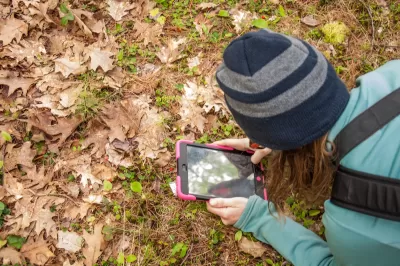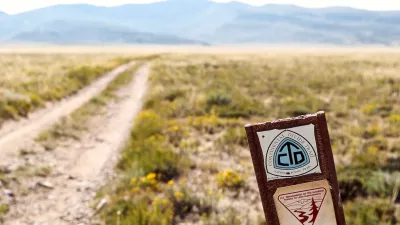Community science platforms like eBird and iNaturalist enhance early detection of invasive species, complementing professional surveillance and highlighting the need for stronger collaboration between the public and official authorities.

Early detection is crucial for managing invasive alien species (IAS), which pose significant threats to ecosystems, economies, and public health. While official surveillance is vital, a new study highlights the critical role of community science platforms, such as eBird and iNaturalist, in identifying these species. Analyzing 600 official first records of IAS from 30 countries, researchers compared professional databases with 220 million records from public platforms, finding that community contributions were earlier than official reports in 20 percent of cases and equally timed in 30 percent, showcasing the platforms' effectiveness in complementing formal surveillance.
The research revealed variations in early detection by species type and geography. Species regulated at the European level or observed in neighboring countries were reported more quickly on public platforms, likely due to heightened awareness. However, some obscure species requiring specialized identification techniques were detected faster by professional scientists. Countries like Sweden and the Netherlands stood out for their high rates of public-first detections, demonstrating the potential of integrating citizen data with professional monitoring systems to enhance IAS management.
To unlock the full potential of public participation in IAS detection, researchers recommend improved collaboration between authorities and community science platforms. Governments should ensure data from public contributions flow seamlessly into open databases and invest in technologies that support citizen reporting in under-surveyed areas. Strengthening these partnerships can enhance global IAS management and foster a more inclusive approach to biodiversity conservation.
FULL STORY: Unlocking the full potential of community-led surveillance of invasive species

Planetizen Federal Action Tracker
A weekly monitor of how Trump’s orders and actions are impacting planners and planning in America.

DARTSpace Platform Streamlines Dallas TOD Application Process
The Dallas transit agency hopes a shorter permitting timeline will boost transit-oriented development around rail stations.

Congressman Proposes Bill to Rename DC Metro “Trump Train”
The Make Autorail Great Again Act would withhold federal funding to the system until the Washington Metropolitan Area Transit Authority (WMATA), rebrands as the Washington Metropolitan Authority for Greater Access (WMAGA).

Supreme Court Ruling in Pipeline Case Guts Federal Environmental Law
The decision limits the scope of a federal law that mandates extensive environmental impact reviews of energy, infrastructure, and transportation projects.

Texas State Bills to Defund Dallas Transit Die
DART would have seen a 30% service cut, $230M annual losses had the bills survived.

Bikeshare for the Win: Team Pedals to London Cricket Match, Beats Rivals Stuck in Traffic
While their opponents sat in gridlock, England's national cricket team hopped Lime bikes, riding to a 3-0 victory.
Urban Design for Planners 1: Software Tools
This six-course series explores essential urban design concepts using open source software and equips planners with the tools they need to participate fully in the urban design process.
Planning for Universal Design
Learn the tools for implementing Universal Design in planning regulations.
Roanoke Valley-Alleghany Regional Commission
City of Mt Shasta
City of Camden Redevelopment Agency
City of Astoria
Transportation Research & Education Center (TREC) at Portland State University
US High Speed Rail Association
City of Camden Redevelopment Agency
Municipality of Princeton (NJ)





























